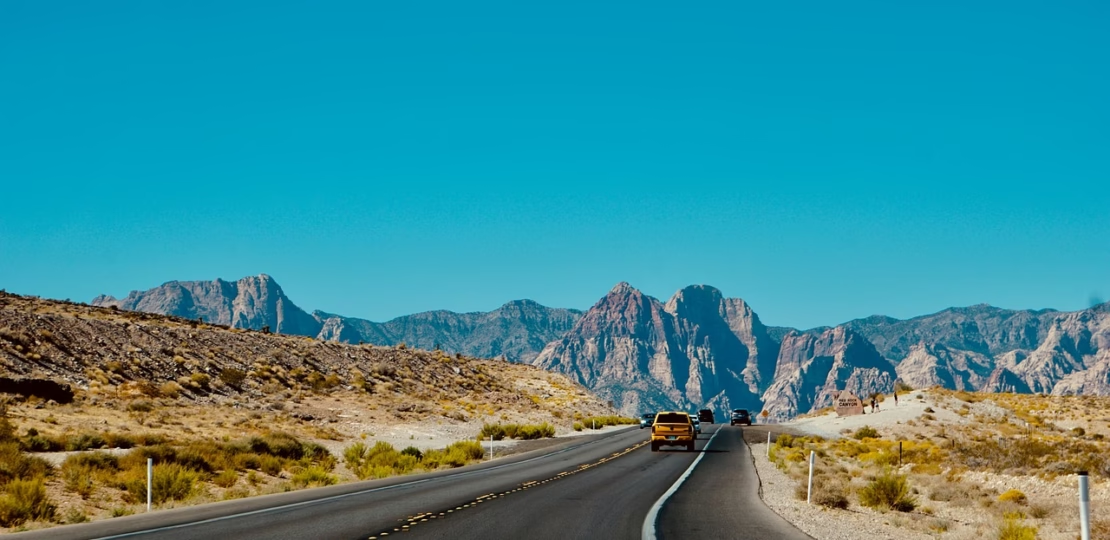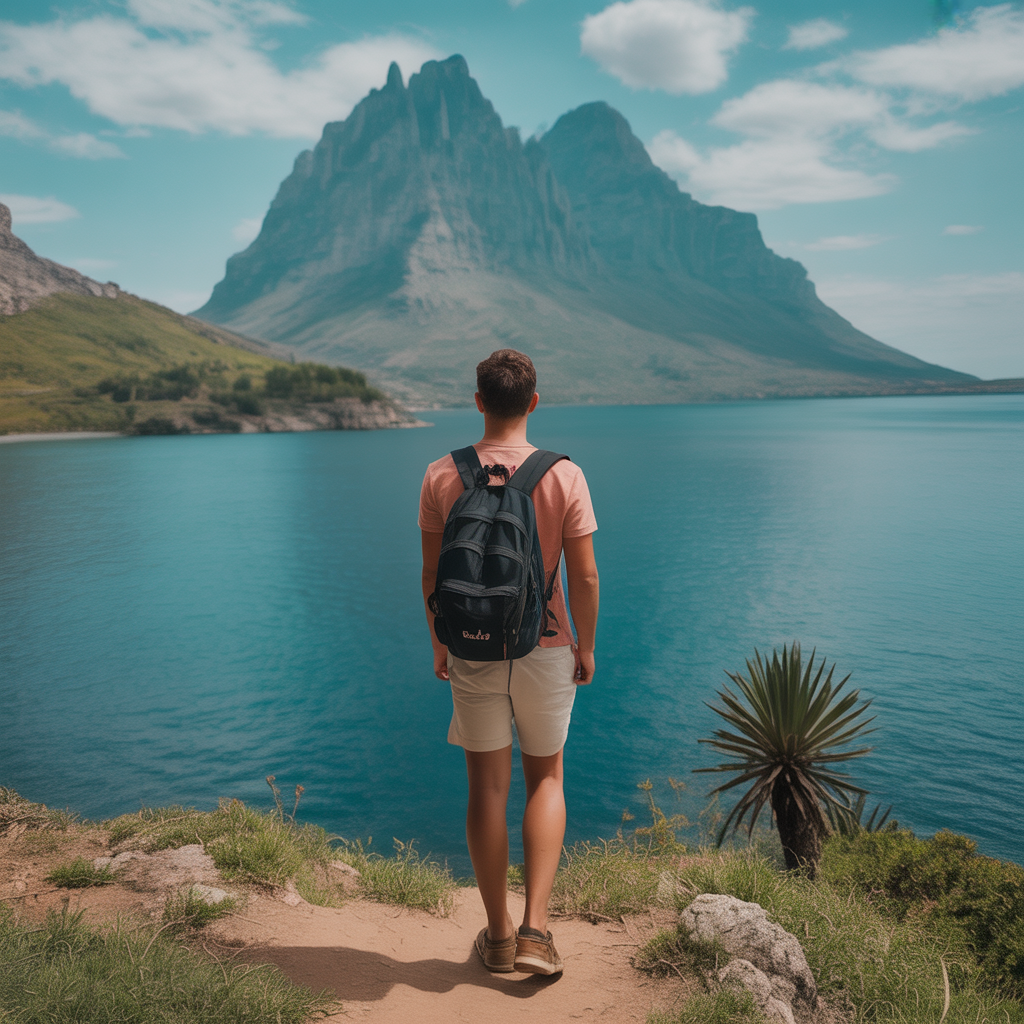“British Tourists Shift to Cooler ‘Shoulder Season’ to Avoid
August 6, 2025 | by Marco Santiago

British Tourists Shift to Cooler ‘Shoulder Season’ to Avoid Heatwaves and Wildfires
In a world where climate change is no longer just a distant worry but a vivid reality, the travel rhythms of many are quietly transforming. British tourists, once undeterred by the sun’s relentless blaze or the creeping threat of wildfires, are discovering new periods to explore — hidden pockets of time that carry their own magic, away from the sweltering heat and smoke-filled skies.
I’ve been following these shifts closely, and what emerges is not just a change of calendar but a profound reimagining of what it means to travel with reverence, comfort, and a touch of wonder amid an unpredictable planet.
A Season of Discovery: What Exactly is the “Shoulder Season”?
The “shoulder season” lies gracefully wedged between the intense highs of peak summer and the quieter chill of winter or early spring. For many of us, it’s a secret garden of travel — a time when destinations soften their crowds, prices ease their grip, and the sun offers warmth without scorching. For British travelers, particularly those drawn to the Mediterranean sun, this shift to the shoulder months of late spring and early autumn is becoming less of a niche choice and more of a necessity.
Gone are the days when the traditional July and August getaway was sacrosanct. Instead, the lure of April, May, September, and October has deepened, carrying a promise of gentler weather and a landscape breathing with life, not fire.
Heatwaves and Wildfires: The New Shadows Over Holiday Plans
Recent years have marked an alarming rise in brutal heatwaves that bake the familiar charms of Europe’s sun-drenched coastlines and countryside. Italy, Spain, Greece — places once synonymous with languid beach days now grapple with soaring temperatures that climb dangerously high. Alongside these heatwaves, wildfires have flared with relentless frequency, casting smoky veils and threatening both nature and human safety.
As I chatted with travelers recently, a common thread wove through their stories: a growing hesitancy. The ache of disrupted plans, fires forcing last-minute evacuations, and the dread of oppressive heat have reshaped expectations. British tourists, with their resilient but cautious spirit, are pivoting toward travel windows where nature still whispers promises of serene beauty.
Personal Reflections: Embracing the Shoulder Season’s Enchantment
Having journeyed through these quieter months myself, I can attest to a different kind of magic. There’s a distinct softness in the light, like an artist’s brush gently mellowing the landscape. Markets brim with autumn’s earliest harvests, locals share stories away from the mad rush, and you feel wrapped in a slower heartbeat of a place.
One autumn in Provence, I wandered through vineyards heavy with ripening grapes and dined under skies cooling into twilight. The sensory richness was amplified by the absence of heat-induced fatigue — every flavor, sound, and scent came alive in ways summer never quite permits.
This season invites a deeper connection with the environment, reminding us travel is not just about ticking destinations off a list but truly tasting the essence of a place.
Practical Perks: More than Just Cooler Weather
For the savvy traveler, choosing the shoulder season offers logistical and financial benefits alongside climatic comfort. Flight prices often dip, accommodations provide more welcoming availability, and iconic landmarks lose their bustling crowds, allowing for a genuine sense of exploration and solitude.
British holidaymakers particularly appreciate that these months align well with flexible working or school calendars, creating opportunities to escape peak tourist season headaches while aligning with personal schedules.
A Growing Trend That Reflects a Global Consciousness
This isn’t simply a fleeting pattern but part of a larger awakening to how we must adapt our travel with respect to a changing planet. The shift to shoulder seasons signals an evolution of our collective travel ethic — a desire not just to see the world but to protect it in the moments we visit.
As I watch this trend take hold, I see hope. Traveling with an awareness of nature’s delicate balance encourages us to seek experiences that honor both the destination and ourselves. It reminds us that sometimes the best adventures bloom not under the fiercest sun, but in the quiet glow of a thoughtful season.

RELATED POSTS
View all



